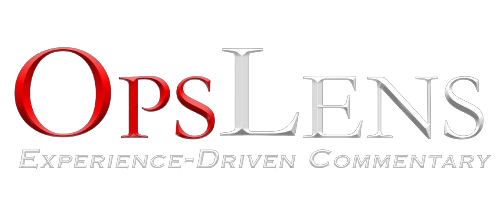
Canadian Prime Minister Mark Carney gave a rambling response Friday when asked by a reporter to clarify his declaration of a “new world order” amid a massive increase in the country’s economic partnership with China.
Carney travelled to Beijing to meet with the Chinese Communist Party (CCP) officials regarding a new economic collaboration plan between the two countries — including a 50% increase in Canadian exports to China by 2030, according to a statement released Friday. During a Thursday meeting with Chinese Premier Li Qiang, Carney said that the new partnership “sets us up well for the new world order,” a statement which raised questions about the country’s future partnerships in a world impacted by President Donald Trump’s tariffs.
“I think the world is still determining what that order is going to be,” Carney told a reporter on Friday, to begin an answer that was more than two minutes long. “What is going to govern global trade? What is the role of the [World Trade Organization] going to be? How important are bilateral deals, such as the one we’re developing?”
“The multilateral system that has been developing these is being eroded, to use a polite term — undercut to use another term. So the question is, what gets built in that place?” Carney continued in his answer to the reporter. “Is it just on a bilateral basis? Or where do like minded countries in certain areas — like minded countries, just to be clear, it doesn’t mean you agree on everything … you will have different coalitions that are formed.”
The new Ottawa-Beijing partnership announced Friday includes an expansion of Chinese electric vehicles (TVs) in the Canadian market, a 70% reduction of tariffs on Canadian canola seed, a drop in tariffs on Canadian seafood exports, and, as previously mentioned, a goal of 50% increased exports to China by 2030.
“Canada’s new government is working with urgency and determination to diversify our trade partnerships and catalyse massive new levels of investment,” the partnership announcement stated. “As the world’s second-largest economy, China presents enormous opportunities for Canada in this mission.”
“These results will help unlock nearly $3 billion in export orders for Canadian workers and businesses as they realise the full potential of the massive Chinese market of 1.4 billion people,” the announcement continued.
The new partnership follows a period of tension between the countries after the U.S.-backed 2018 arrest by Canadian officials of Huawei executive Meng Wanzhou. Beijing responded to Meng’s arrest by detaining Canadian citizens Michael Kovrig and Michael Spavor on espionage charges, though China denied allegations of the reciprocal arrest. Both Kovrig and Spavor were released in 2021.
PM Mark Carney on Canada’s partnership with China: “I believe the progress that we have made sets us up well for the new world order.” pic.twitter.com/OWRVlhxWw1
— TheBlaze (@theblaze) January 16, 2026
Content created by The Daily Caller News Foundation is available without charge to any eligible news publisher that can provide a large audience. For licensing opportunities of our original content, please contact [email protected].














